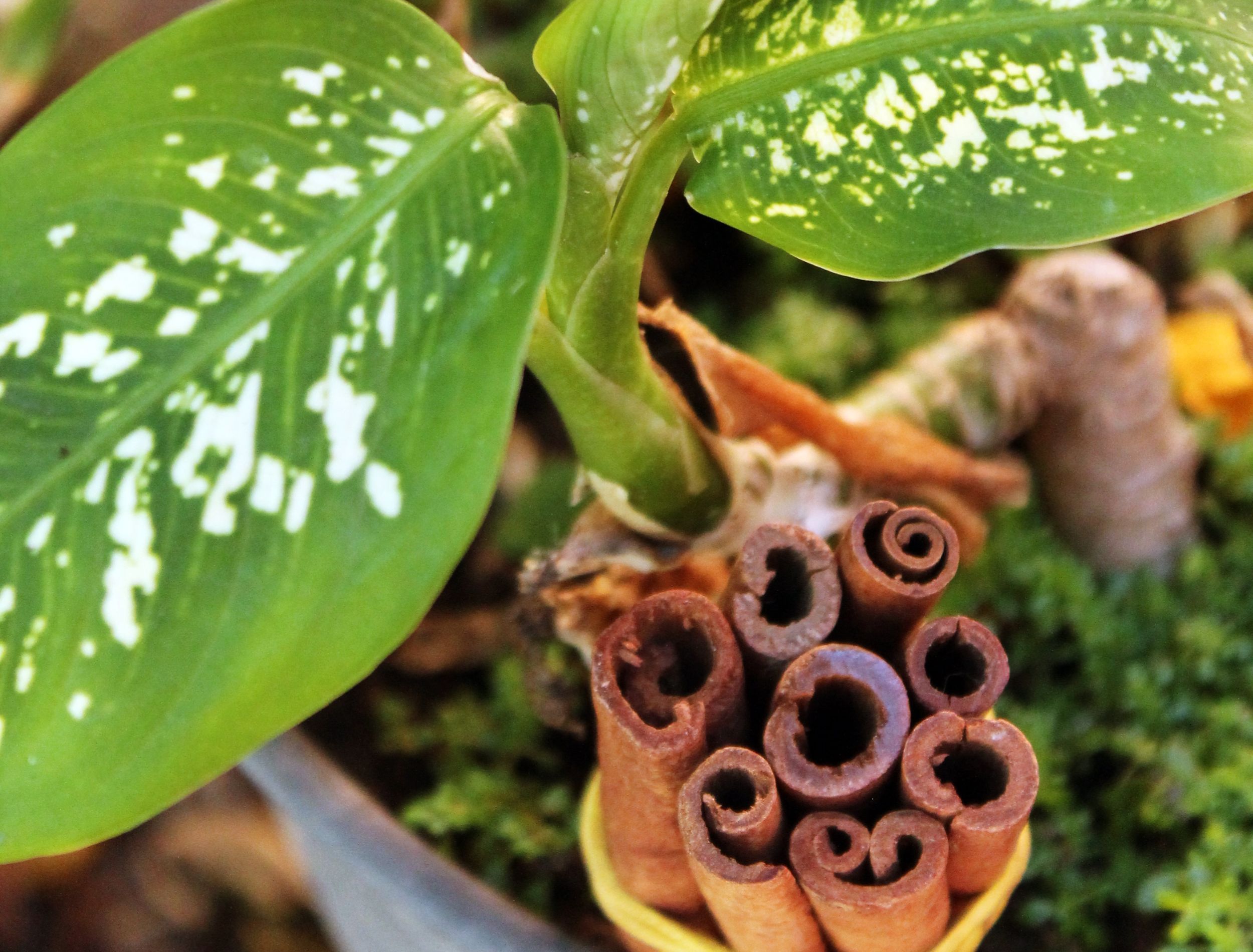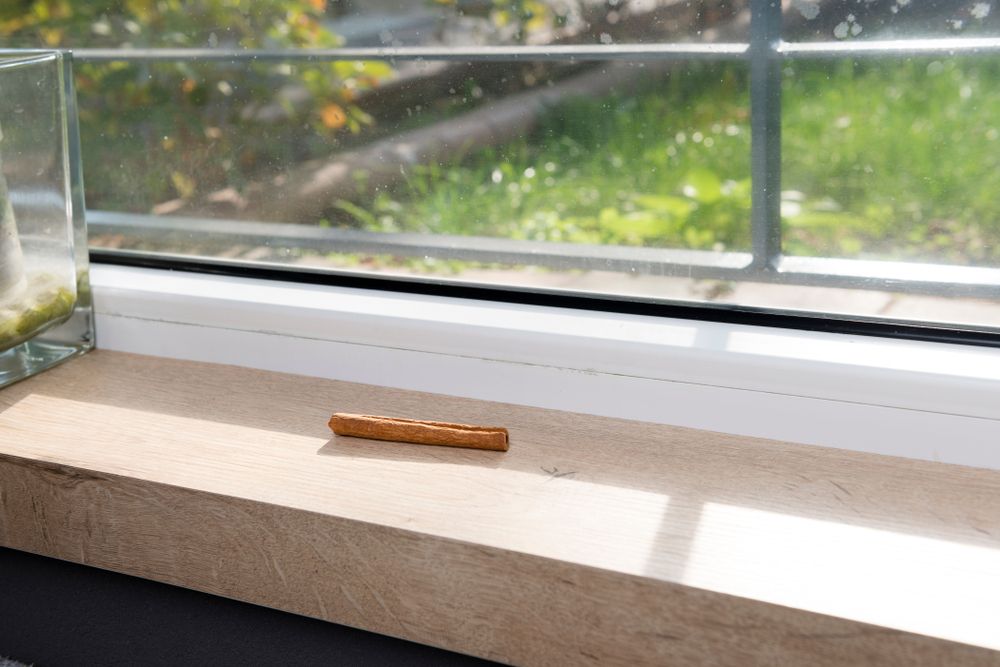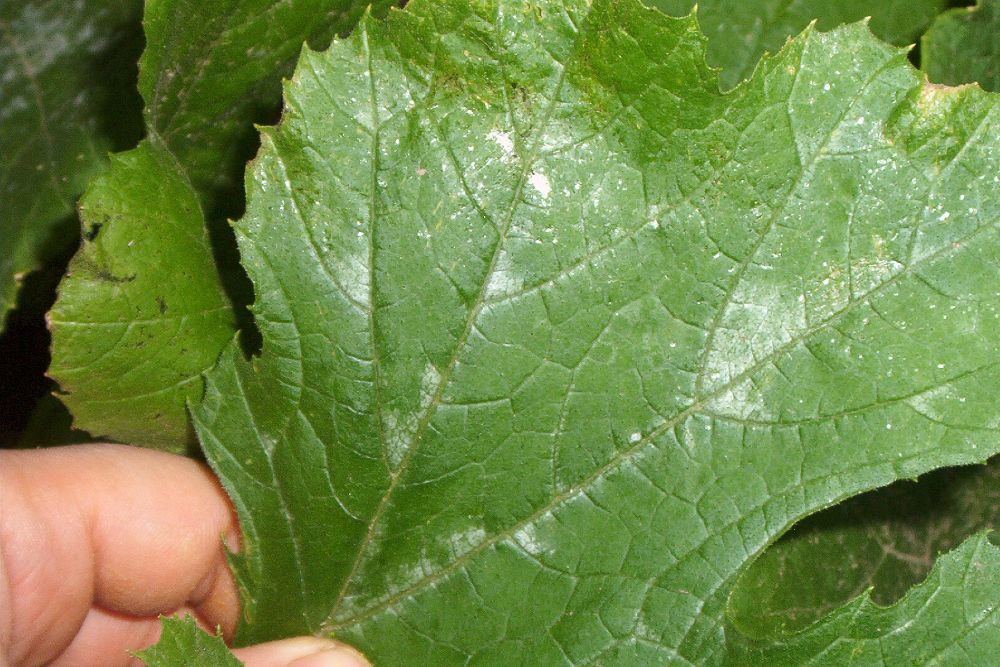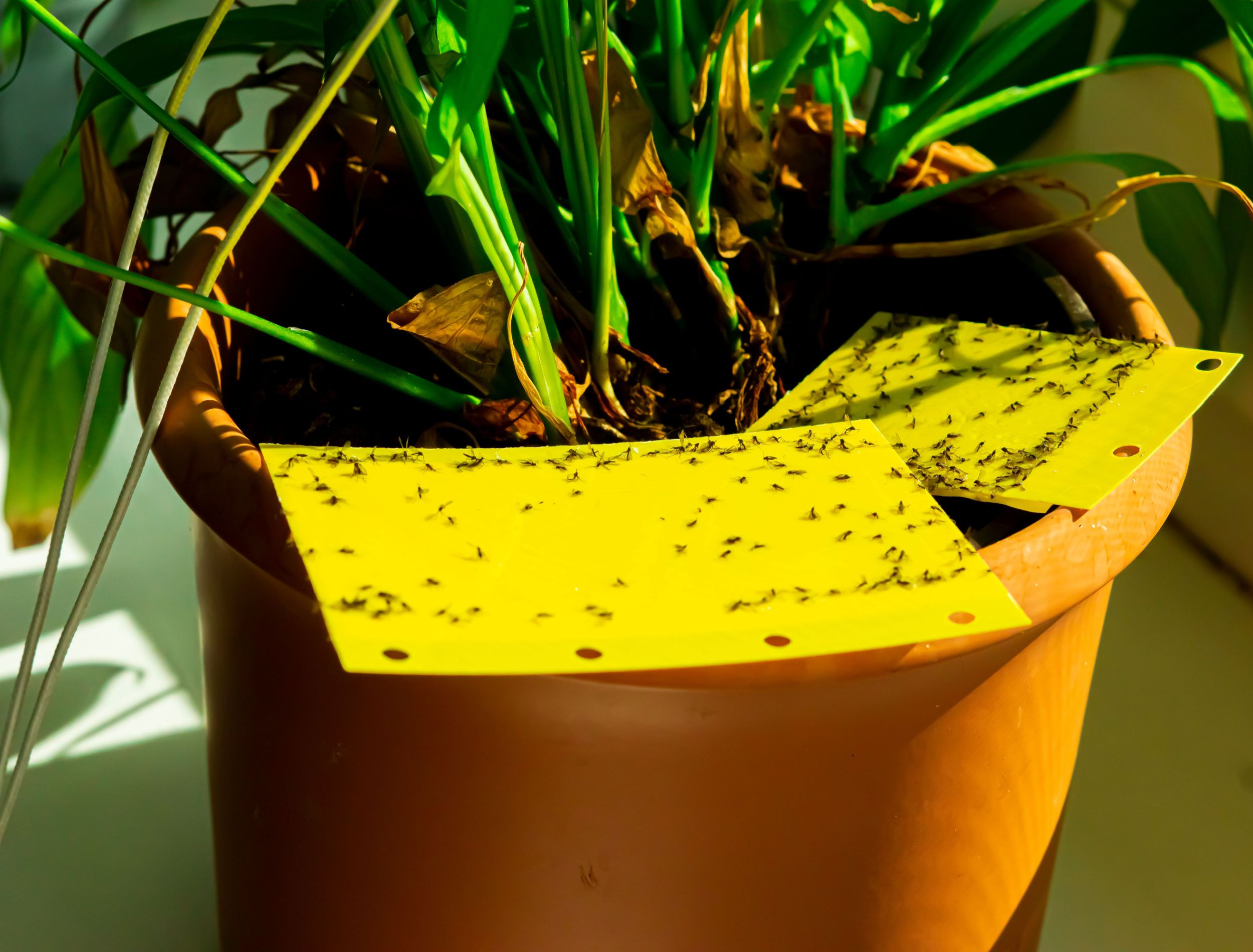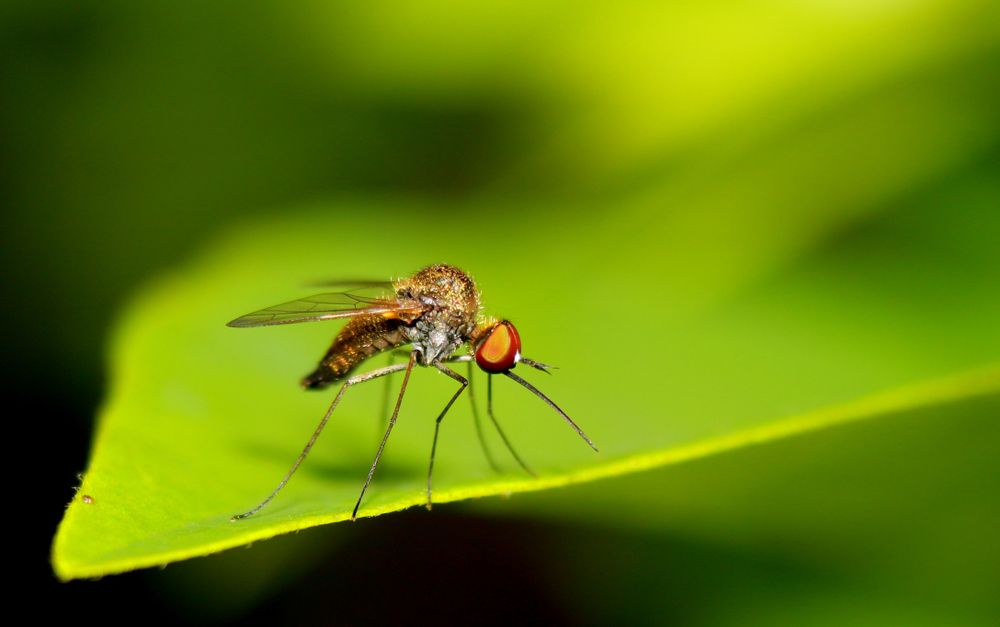Cinnamon is a spice derived from the inner bark of trees belonging to the genus Cinnamomum. This fragrant spice has many benefits to offer your plants. Not only does it smell amazing while releasing its aroma throughout your outdoor space, but it may also help protect against pests and diseases that harm your plants. With so much potential, there's no reason not to add a dash of cinnamon into your garden!
Explore why you should use this time-tested spice in your garden right now – from preventing mold growth to helping cuttings root, and more. Discover all the reasons incorporating cinnamon into your gardening routine benefits both you and your crops!
Rooting Hormone
Cinnamon is naturally full of salicylic acid. Salicylic acid is a hormone-regulating plant compound that plays an important role in regulating many aspects of plant immunity, growth, and development. That means with just a pinch of cinnamon powder, you help your garden grow!
Using cinnamon to root cuttings is a simple process. Begin by snipping off the end of your cutting—it should be about 4 to 6 inches long and have several leaves on the top. Next, you'll want to dip the bottom part of the cutting into some cinnamon powder. Make sure it's completely covered before planting in potting soil.
In addition to helping roots grow, using cinnamon as a rooting hormone adds antibacterial and antifungal properties that may be beneficial for your plants. It helps protect against rot and other diseases such as powdery mildew, giving your garden an extra layer of protection.
Ant Deterrent
While cinnamon isn't technically an insecticide, two chemicals found in the cinnamon—cinnamaldehyde and cinnamyl alcohol—are toxic to ants. Using cinnamon around where ants congregate may deter them, or even kill them.
Adding cinnamon into the mix of ant-control measures is safe for both humans and pets alike, as its natural properties make it much gentler than other commercial chemical repellents. As a result, it's a great option for those looking to keep their home and garden ant-free with no harsh chemicals. Plus, it's an inexpensive solution you can easily find in a grocery store or market.
To use cinnamon as an ant deterrent, sprinkle ground cinnamon around doorways, windowsills, or other access points where ants might enter your home. Also, try placing some cinnamon sticks near ant trails you have noticed in and around your house.
For Fungus
Cinnamon is more than just a delicious spice for your morning oatmeal; it's also an effective antifungal treatment for your garden! Whether you're dealing with mildew on foliage or fungus in the soil, cinnamon powder tackles problem areas without adversely affecting your plants. All you need is a shallow plate and a cotton ball.
Start by pouring a small amount of cinnamon powder onto the plate. Then take the cotton ball and dab it into the powder and use it on the plant. Concentrate on areas where you see fungal growth, as that's where cinnamon is most effective. While this remedy is safe for most plants, test new applications on a single leaf before treating an entire plant.
Cinnamon's antifungal properties are because of cinnamaldehyde, which is the main active ingredient in cinnamon powder. This compound has astonishing antimicrobial activity, making it effective at tackling fungus and mildew without damaging the environment or your plants. In addition, cinnamon's pleasant aroma means you don't need to worry about lingering chemical smells!
Fighting Fungus Gnats
Cinnamon is more than just a delicious flavor to add to your favorite recipes. It also has some amazing pest repellant skills, like its ability to fight fungus gnats in the soil of infected plants! Fungus gnats are tiny, winged insects that feed off of decaying organic matter and the roots of living plants, causing them damage and stress.
To use it, simply sprinkle a generous amount of cinnamon over the soil of your infected plants. You'll want to make sure you cover all the soil. Use cinnamon that is ground up into a fine powder, so it has time to work its magic before being washed away by watering or rain.
Cinnamon is not only effective in getting rid of fungus gnats, but it's also non-toxic and safe for humans and pets.
Mosquito Deterrent
If you're looking for a natural solution to pesky mosquitoes, cinnamon oil may be the answer.
To make your own homemade repellent, mix ¼ teaspoon of cinnamon oil in 4 ounces of water. Once mixed, this powerful combination is ready to go. Spray it on clothing, upholstery, or skin.
This all-natural solution is simple and cost-effective, making it an ideal choice for managing mosquitoes around the garden. Plus, its pleasant aroma makes it much easier to be surrounded by this effective scent.
Avoid spraying too much cinnamon oil as a higher dose can irritate the skin.
Spice Things Up in the Garden
Cinnamon is a wonderful and easy-to-use ingredient to add to your garden. Not only does it help protect your plants from pests and fungus, but its fresh aroma adds an extra layer of extra loveliness to the garden space. Plus, it is an affordable and naturally sourced alternative that doesn't have harsh chemicals. So why not make the most out of using cinnamon in a DIY gardening way?
Don't forget to share this information with your family and friends so they too can reap the amazing benefits of introducing it into their gardening adventures—they won't regret it!

